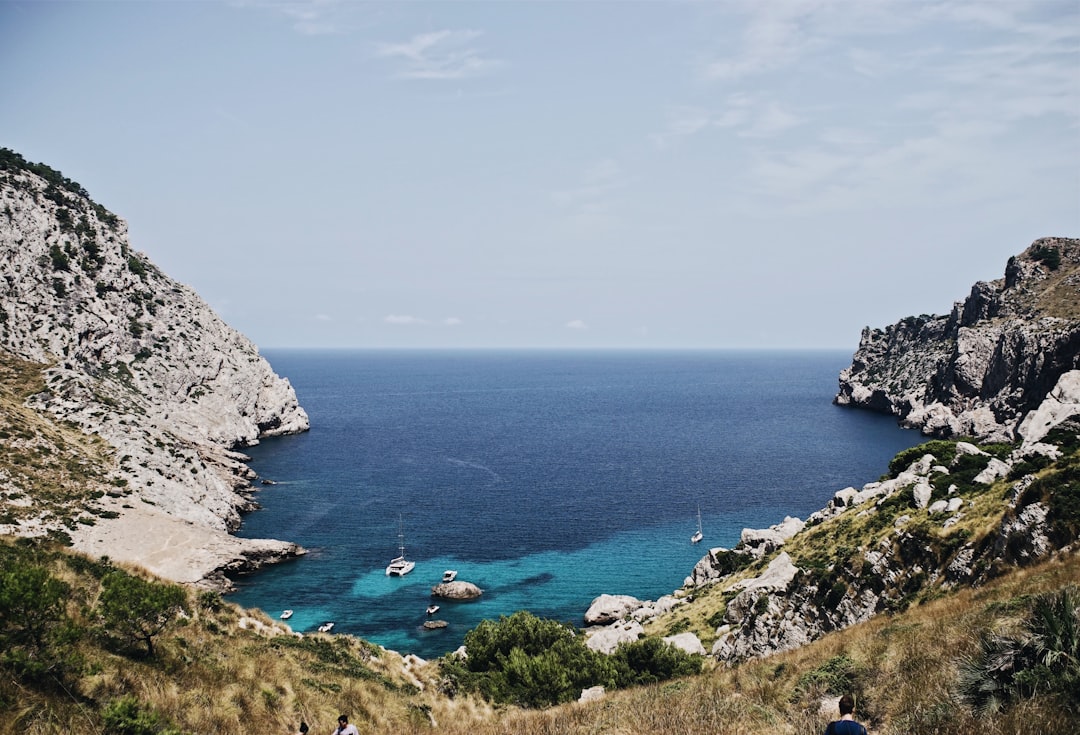What is it about?
Frankish campaigns in the Iberian Peninsula in the reign of Charlemagne have traditionally been understood as secular wars fought for booty and territory. This article assembles a wide range of contemporary sources, including letters, charters and poems, which suggests that these expeditions were often planned and viewed as wars fought to defend the church or Christians from non-Christian persection, or to expand the spread of Christianity. The relative lack of success of these campaigns led to the religious element being downplayed in the sources.
Featured Image

Photo by Ricardo Cruz on Unsplash
Why is it important?
This article seeks to expand medieval definitions of 'holy war' and argues that holy wars were not unknown to Christians in the Latin West long before the eleventh century.
Read the Original
This page is a summary of: ‘Those same cursed Saracens’: Charlemagne's campaigns in the Iberian Peninsula as religious warfare, Journal of Medieval History, May 2016, Taylor & Francis,
DOI: 10.1080/03044181.2016.1167768.
You can read the full text:
Contributors
The following have contributed to this page










